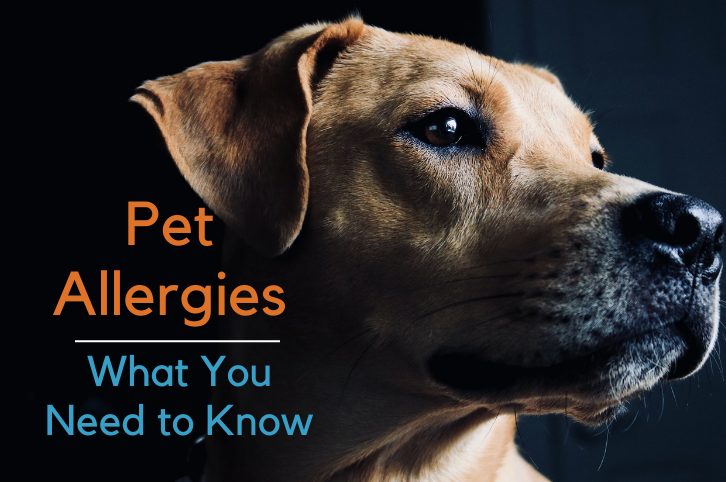Is your pet scratching more than usual? Just like people, pets can suffer from allergies. Some pets experience environmental allergies that are triggered by rising pollen levels, while others develop reactions to certain ingredients in their food. At Homey Gnome Veterinary Clinic, we are here to answer your pet’s allergy questions and ensure your pet gets the help that they need.
Let’s discuss some of the most common pet allergies, what to look for, and how you can help your pet.
Types of Pet Allergies
Pet allergies occur when the body mounts an immune response to a specific substance known as an allergen. While allergens are normally harmless, your pet’s body identifies the substance as a danger and alerts the immune system to respond. Pets can develop allergies to a variety of different substances. Below are the most common allergies pets experience.
Environmental Allergies
Common environmental allergens include pollen, mold, and dust. These allergens are usually airborne and inhaled by your pet. Environmental allergies are typically seasonal but can vary depending on your location and the specific allergy.
Flea Allergies
Fleas are an itchy nuisance. However, some pets are particularly unlucky when it comes to fleas. Some cats and dogs experience an immune reaction to the protein in flea saliva. This is known as flea allergy dermatitis and can leave pets itching for days after the initial flea bite.
Food Allergies
Pets can develop an allergy to a specific ingredient in their food. The most common ingredients associated with food allergies are proteins such as chicken, beef, lamb, and gluten. Unlike humans, food allergies symptoms in pets are usually mild and include excessive itch or digestive upset.
What to Look For
The most common symptoms associated with pet allergies include:
- Excessive Itch
- Chewing or biting of paws
- Recurrent ear infections
- Hair loss
Pets with environmental allergies may also experience a runny nose, sneezing, coughing, or wheezing.
If left untreated, pets can develop more serious medical conditions such as bacterial infections and hearing loss due to chronic ear infections. Because of this, it is essential to monitor your pet’s symptoms closely and get them the appropriate medical care.
Allergy Treatment
When it comes to your pet’s allergy treatment, there are several options. The first step in any treatment plan is to determine the cause of your pet’s symptoms and provide some immediate relief. Diagnostic tests are used to rule out other medical conditions and determine the cause of your pet’s immune reaction.
If a food allergy is suspected, we may recommend a food trial to reduce your pet’s discomfort and determine the ingredient of concern. Once your pet’s allergies are identified, you will need to take steps to limit your pet’s exposure. For pets with environmental allergies, this may mean more frequent baths, limiting outdoor activities when pollen counts are high, or reducing dust and mold in your home.
In some cases, your pet may also require medication. Our veterinarians can make recommendations based on your pet’s unique needs and discuss what options are available for your pet’s long-term allergy management.
Give Us a Call!
Pet allergies are never fun and should not be ignored. If your pet is experiencing allergy symptoms, please give us a call at 651-202-3388. Our team at Homey Gnome Veterinary Clinic will evaluate your pet’s condition and can create a plan to provide your furry friend with some much-needed allergy relief.
Image credit: Unsplash


